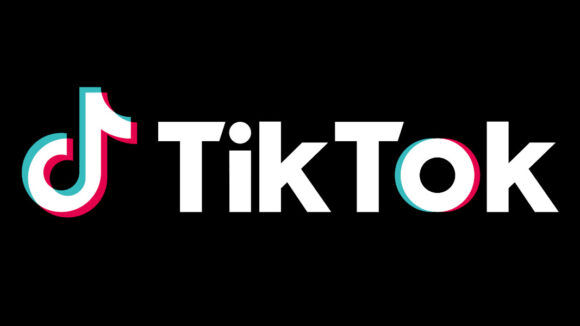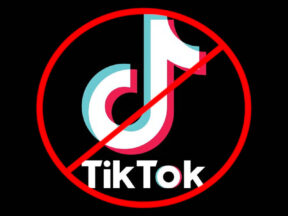

U.S. House Votes To Ban Tiktok If Chinese Parent Company Doesn’t Sell The App
Tiktok could be in real trouble in the U.S. after the House of Representatives voted in favor of the Protecting Americans From Foreign Adversary Controlled Applications Act. This act would require the app to be sold by its parent company, Bytedance, or face a federal ban.
What does this have to do with animation? Tiktok has become a popular platform for independent animators, several of whom have leveraged their success into representation deals, such as Nutshell and King Science. The app has also been used as a marketing tool by major U.S. studios and distributors. The most famous example in animation was when Universal took the grass-roots #GentleMinions meme and ran with it in 2022, fueling Illumination’s Minions: The Rise of Gru to a $940.7 million global box office. And as we’ve reported previously, kids are spending more and more of their screen time on the social media platform, much of it watching animated content.
Why would the government want to force a sale/ban Tiktok? For years, the FBI has maintained that Tiktok could pose a national security risk, and the app has been banned on federal devices since February 2023. Many lawmakers fear that the Chinese government could compel Tiktok’s parent company, Bytedance, to hand over information on millions of the app’s American users. After an intelligence briefing about the risks of foreign-controlled apps last week, the House Energy and Commerce Committee voted 50-0 to advance the bill.
What are the arguments against the bill? Some opponents worry that the bill would place too much power into the hands of the legislative branch. Many argue that forcing U.S. ownership of any company is problematic and could set a dangerous precedent. Also, prior attempts to ban the app failed after courts dismissed claims against Bytedance as hypothetical rather than based on actual evidence that the company had shared any data with Chinese authorities.
Speaking on Wednesday, Representative Sydney Kamlager-Dove (D-IL), who voted against the ban, said the legislation would adversely impact artists and small businesses:
Creatives, artists, content creators, and businesses in my district will get caught in the crossfire of this bill and deserve better than federal overreach as a substitute for a thoughtful and incisive solution.
How has Tiktok responded? Following the House’s decision, Tiktok released a statement which reads:
This process was secret and the bill was jammed through for one reason: it’s a ban. We are hopeful that the Senate will consider the facts, listen to their constituents, and realize the impact on the economy, 7 million small businesses, and the 170 million Americans who use our service.
What happens next? For the bill to pass, it would next have to be approved by the Senate. President Joe Biden would also need to sign off on the bill but has already indicated he would do so if Congress passes the legislation. Whether or not that is likely to happen is hard to predict, especially in an election year (many politicians who will be voting on the bill are using Tiktok as a campaign tool). That said, this morning, the bill got two important endorsements from the Senate Intelligence Committee’s top two senators, Mark Warner (D-Va.) and Marco Rubio (R-Fla.). In a joint statement, they said:
We were encouraged by today’s strong bipartisan vote in the House of Representatives, and look forward to working together to get this bill passed through the Senate and signed into law.

.png)


